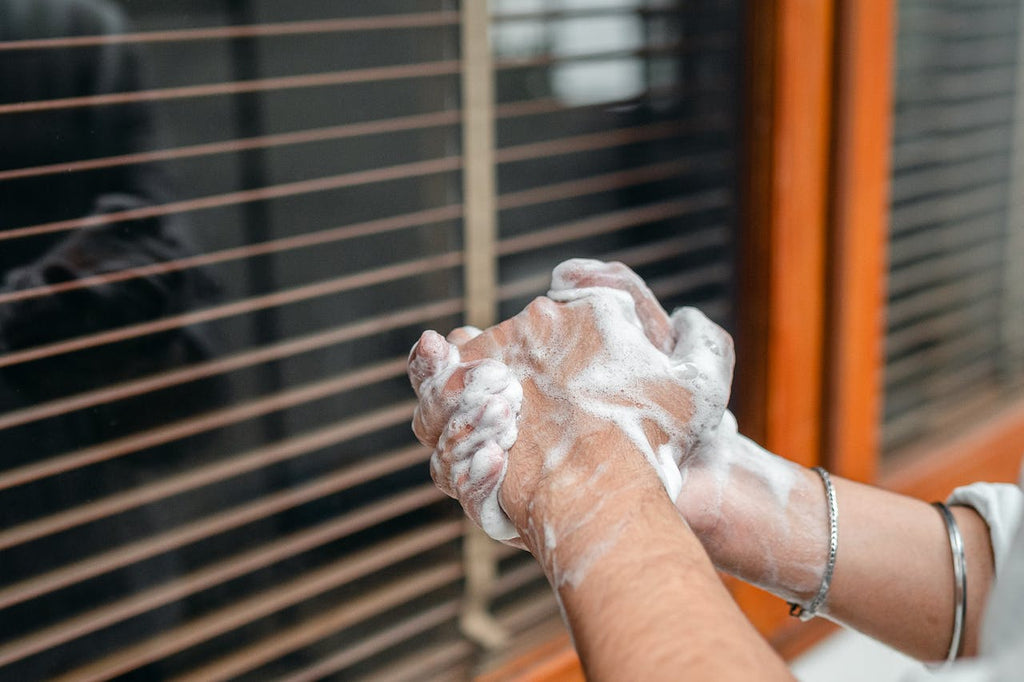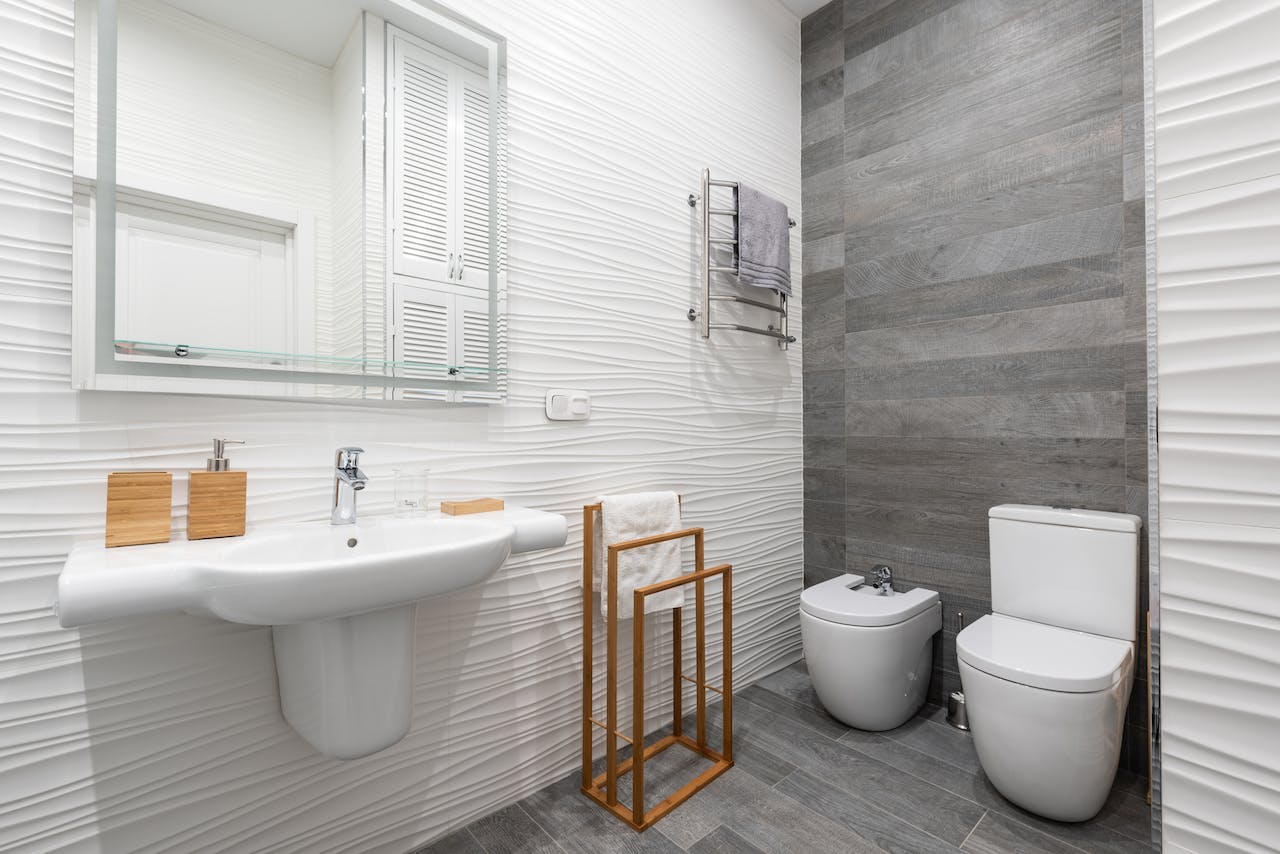Are you torn between the traditional toilet paper and the modern smart bidet toilet seats? You're not alone! This showdown is not just about personal preference, but also about making an eco-friendly choice.
Understanding Smart Bidet Toilet Seats
A smart bidet toilet seat is a high-tech upgrade for your bathroom. It's equipped with features like water jets, temperature control, and air dryers, offering a more hygienic and luxurious experience than traditional toilet paper.
The Environmental Toll of Toilet Paper
Toilet paper production is resource-intensive, requiring significant amounts of water, trees, and energy. It's a substantial contributor to deforestation and water waste. When we think of environmental impact, toilet paper might not be the first thing that comes to mind, but its toll on the environment is more significant than we might imagine.
- Deforestation: One of the most direct impacts of toilet paper production is deforestation. It's estimated that millions of trees are cut down each year to produce toilet paper. This deforestation not only reduces biodiversity and disrupts ecosystems but also contributes to climate change by reducing the number of trees available to absorb carbon dioxide from the atmosphere.
- Water Usage: The production of toilet paper is a water-intensive process. It takes an average of 37 gallons of water to produce a single roll. This large water footprint means significant consumption of a precious resource that could be used more efficiently.
- Energy Consumption: The process of converting trees into soft, white toilet paper requires a substantial amount of energy. From the operation of machinery to the transportation of raw materials and finished products, the energy used contributes to greenhouse gas emissions.
- Chemical Pollution: The bleaching and processing of toilet paper involve chemicals like chlorine and chlorine dioxide, which can lead to the production of dioxins and other harmful pollutants. These chemicals can contaminate water bodies, harming aquatic life and potentially affecting human health.
- Waste Production: After its single use, toilet paper contributes to sewage and waste. While it is biodegradable, the sheer volume of toilet paper used daily contributes significantly to sewage waste and can put a strain on waste management systems.
- Alternatives and Solutions: Recognizing the environmental toll of toilet paper is the first step towards seeking alternatives. Products like bamboo toilet paper, recycled paper products, and, notably, the use of bidets can significantly reduce this environmental impact.
Eco-Advantages of Bidets
Bidets are a more sustainable option. They use a minimal amount of water and eliminate the need for paper, reducing your environmental footprint significantly.
- Reduced Paper Waste: Bidets significantly diminish the need for toilet paper, cutting down on the paper waste that contributes to deforestation and pollution.
- Lower Water Usage: Although bidets use water, they are more efficient compared to the water required to produce toilet paper. Overall, bidets lead to a net reduction in water consumption.
- Energy Conservation: The manufacturing and transportation of toilet paper consume a substantial amount of energy. By reducing reliance on toilet paper, bidets help conserve energy.
- Chemical Reduction: Bidets eliminate the need for the chemicals used in the production of toilet paper, notably bleaching agents, thereby reducing chemical pollution.
- Sustainable Hygiene Solution: Bidets offer a more sustainable alternative for personal hygiene, aligning with eco-friendly lifestyles and reducing the overall environmental footprint of our bathroom habits.
Comparing Costs: Bidet vs. Toilet Paper
While a bidet can have a higher upfront cost, it saves money in the long run by cutting down on the continuous purchase of toilet paper. It's an investment in both your wallet and the planet. When comparing the costs of bidets and toilet paper, it's essential to consider both upfront and long-term expenses. Initially, a bidet, especially a smart bidet toilet seat, requires a higher upfront investment compared to buying a pack of toilet paper. However, this initial cost is offset over time. The ongoing expense of purchasing toilet paper adds up, particularly when considering the average household's regular use.
In contrast, once a bidet is installed, the additional costs are minimal, primarily involving minor increases in water and electricity bills, which are often negligible compared to the continuous purchase of toilet paper. In the long run, a bidet can lead to substantial savings, making it a cost-effective solution for bathroom hygiene over time. This cost-effectiveness, coupled with environmental benefits, makes bidets an economically smart choice in the long term.
Comfort and Hygiene
Bidets offer a gentle and thorough cleaning, which is often more comfortable and hygienic than toilet paper, especially for people with sensitive skin or medical conditions.
Installation and Upkeep
Installing a smart bidet seat is straightforward and can be done without professional help in most cases. Maintenance is minimal, usually requiring just regular cleaning.
Bidets and Environmental SustainabilityBy reducing the use of paper and conserving trees and water, bidets are a more environmentally sustainable option than toilet paper.
Health Benefits: Bidets vs. Toilet Paper

Bidets offer superior cleanliness, reducing the risk of infections and irritations that can be caused by toilet paper, particularly for women and individuals with certain health conditions.
Cultural Adaptation to Bidet Use
While bidets are common in many parts of the world, they are still gaining popularity in the United States. Cultural attitudes are shifting as more people recognize their benefits.
The Future of Personal Hygiene
The trend is moving towards sustainable and hygienic bathroom solutions, with smart bidet toilet seats leading the way. They represent the future of personal hygiene.
Conclusion
In the battle of bidets vs. toilet paper, bidets emerge as the clear winner for the environment, personal hygiene, and long-term cost savings. It's time to rethink our bathroom habits for a cleaner, greener future!
Related Posts:
1. Health Benefits of Using a Bidets


